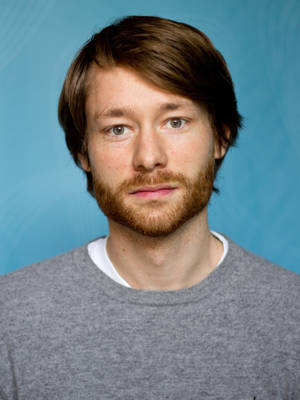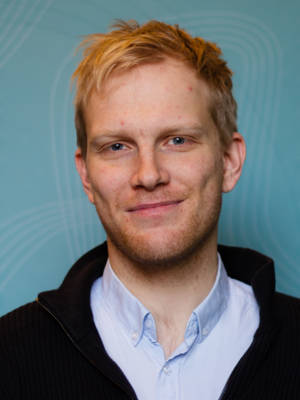Wars now being fought in Syria, Iraq, Afghanistan, Ukraine, and Somalia are producing death tolls not seen since the Cold War. Yet existing instruments — from diplomacy to power politics — have proved inadequate to stop or reduce the violence.

Understanding the escalatory dynamics of war and contentious politics is a critically important task for the next decades. We lack answers to such critical questions as why do some civil wars remain low-intensity conflicts, whereas others escalate to claim the lives of hundreds of thousands? and why do some non-violent protest movements escalate into bloody civil wars whereas others remain peaceful? Understanding the dynamics of conflict escalation is critical both for advancing the study of political and social order, and for preventing the human suffering that escalation inflicts. Conflict research has only a rudimentary understanding of the determinants and dynamics of conflict escalation. Scholars have difficulty explaining why predominantly non-violent protests in Syria escalated into one of the bloodiest civil armed conflicts in the post-Cold War era, whereas similar initial mobilizations in Tunisia did not. Likewise, the scholarly literature offers no clear answers to the key questions of how, why, and when do low-intensity conflicts experience escalation in violence, as in the case of the conflict in Colombia between the government and the Fuerzas Armadas Revolucionarias de Colombia (FARC), which saw a ten-fold increase in battle deaths from 1993 to 1995, after thirty years of relatively low-intensity conflict. Micro-Foundations of Conflict Escalation (MiCE) will develop new theory and new tools that will improve our understanding of how and why conflicts escalate.
The MiCE project is funded by the Research Council of Norway’s Young Researcher Talent scheme. The MiCE project team consists of Håvard Mokleiv Nygård (the Principle Investigator/”Young Talent”), Michael Weintraub (Project Manager at PRIO, and Associate Professor at Los Andes University), Laia Balcells (Assistant Professor at Georgetown University), Chris Fariss (Assistant Professor at University of Michigan), Gudmund Horn Hermansen (Senior Researcher at PRIO), Abbey Steele (Senior Researcher at PRIO), Chris Ghai (Research Assistant at PRIO), and Jens Kristoffer Haug (MA student at PRIO).








